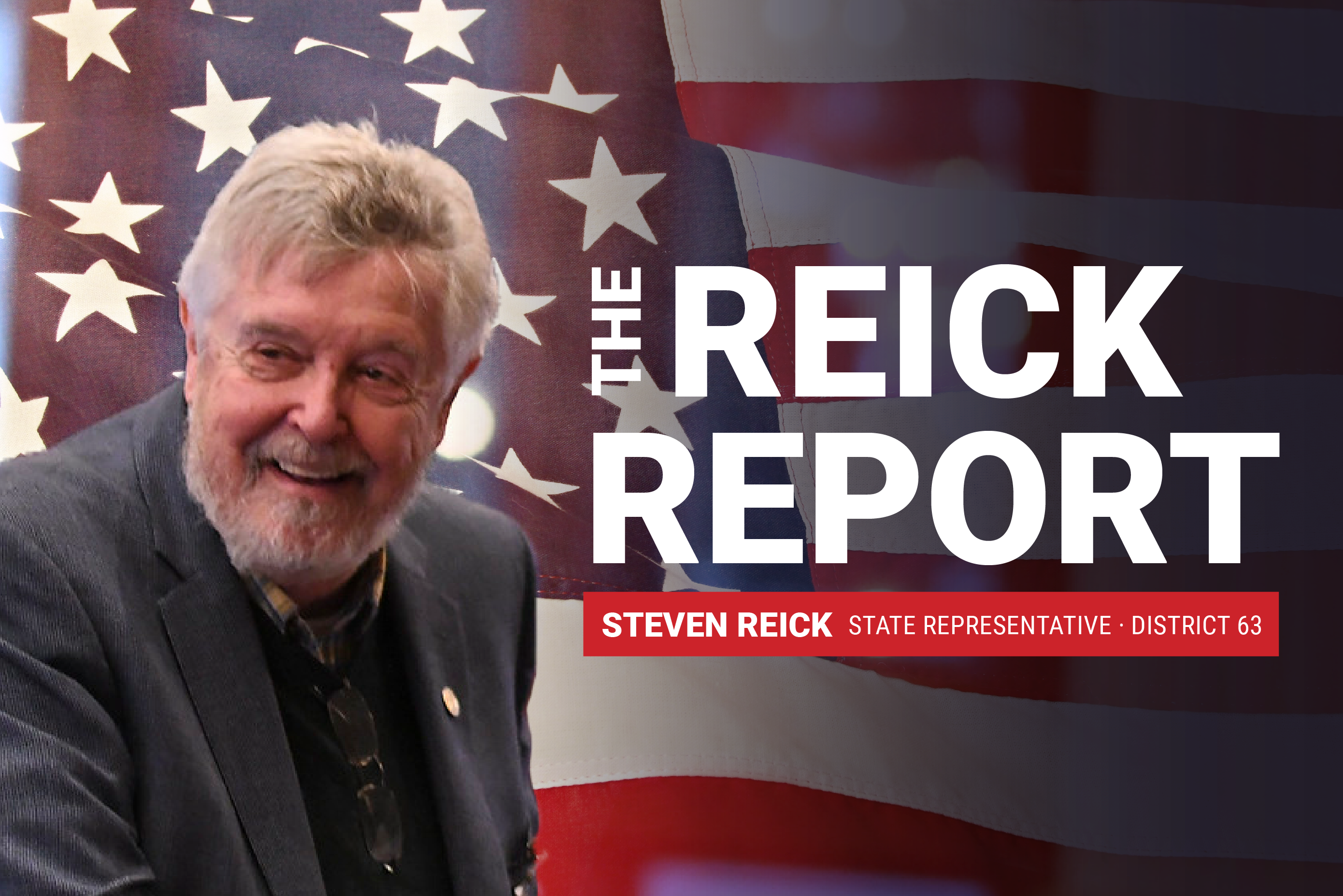Legislative Update:
I know that minor provisions of bigger bills and issues of process aren’t sexy topics and aren’t the “red meat” that lawmakers usually write about two weeks in a row in legislative updates like this one. But if the last three years of J.B. Pritzker’s 41 consecutive disaster declarations have taught us anything, it’s that the erosion of checks and balances on government overreach is real. It was never intended for the executive branch to have unlimited unilateral rulemaking authority. It needs to be discussed.
In April we learned that a program to provide Medicaid coverage to those here illegally and are between the ages of 42 and 54, originally estimated by the measure’s sponsor to cost $2 million per year quickly expanded to $220 million per year and has now ballooned to an estimated annual cost of $1.1 billion. The plan has been expanded twice from its original form (which covered illegals over 65) to allow for coverage for those between 54 and 65, and then to the current age range. There’s a bill pending which would expand coverage to those here illegally over age 19.
The Federal government provides reimbursement to the State for a percentage of regular Medicaid costs but doesn’t reimburse the cost of care provided to those here illegally. Having found himself between a rock and a hard place, the Governor chose to “balance” his budget by postponing implementation of the program until January of 2024, so that $550 million would fall over into the next budget year. Then he included in his Medicaid bill the power to issue emergency rules limiting the scope of the program, meaning that the Governor will be able to set the eligibility requirements and other program parameters unilaterally through emergency rule.
But where’s the emergency? The first step of the emergency rulemaking process requires the administration to define the emergency that prompted the rulemaking and is intended to apply only to true emergencies that require immediate action, such as natural disasters and more recently the COVID pandemic. This Medicaid program has been in place for a year. There is no emergency except the one created by a legislature and administration that was hell-bent on creating a program to serve a powerful political constituency with no consideration of the cost. When the true cost came to light, the administration panicked and this bill was the result.
Before formal issuance, administrative rules are subject to oversight by the Joint Committee on Administrative Rules (JCAR), a bipartisan legislative oversight committee of which I’m a member, which is authorized to conduct systematic reviews of administrative rules promulgated by State agencies. However, emergency rules can be issued without the normal JCAR review process.
But there’s a bigger issue here as it relates to the entire process of emergency rulemaking. Emergency rules can be issued for a period of 150 days, after which there can’t be a re-issuance of emergency rules on the same subject for 24 months, but this bill waives that restriction. By allowing the Governor the ability to serially issue emergency rules without the 24- month hiatus, he has the same effective authority he had during COVID through his issuance of 41 consecutive disaster declarations. If the legislature allows the Governor to have even more emergency powers, we will undoubtedly see more use of emergency powers. It sets a dangerous precedent. With a process like this, in the future we’ll see controversial issues, the very issues that demand a full debate by the representatives of the people of Illinois, declared emergencies with no legislative debate as to the nature of the emergency and no effective oversight.
The real issue here is that the legislature is entirely unwilling to do its job. It is the legislature’s job to write and pass a budget. It is the legislature’s job to pass laws that outline programs, determine eligibility, and set rates. Rather than hammering out the details, finding consensus, and passing this in a law, the legislature chose again to shirk its own responsibility and further empower a power-hungry administration. The consequences of this action will be expensive. This program has incredible demand and if the Governor is allowed this unlimited emergency rulemaking authority, the eligibility may be unclear, the guidelines may change throughout the year, and the spending will be unchecked.
The consequences of the legislature abdicating its responsibility and allowing the Governor to bypass traditional legislative checks will be even worse for our system of government and the legislative process. The Legislature needs to reclaim the authority given to it by the State constitution. Make the laws. Appropriate taxpayer dollars in a balanced budget plan. That’s what I’m working to do.
The only emergency here is that legislators in the majority party failed to address the details of this program in statute, and instead decided to hide behind a Governor who’s only too willing to seize unilateral power to make the rules up as he goes along. His attempt to accumulate more emergency powers is contemptible but understandable because he’s been able to get away with it. He’s expanded his authority in every way possible because that’s what an unchecked executive branch is prone to do when nobody’s looking.
Stay Up To Date:
Like what you see? Please share this update with your friends and family. If someone forwarded this e-mail to you, please sign up for my newsletter or send me a message by clicking here: https://www.ilhousegop.org/contactreick. With this weekly Reick Report, I aim to give you a quick and easily digestible update on what is happening at the State Capitol, the top issues in our local area, and how you can get engaged.
